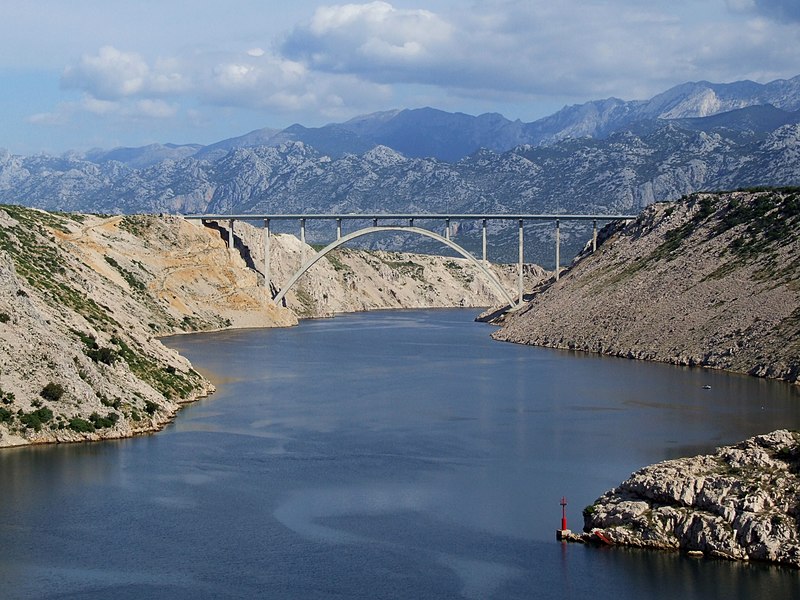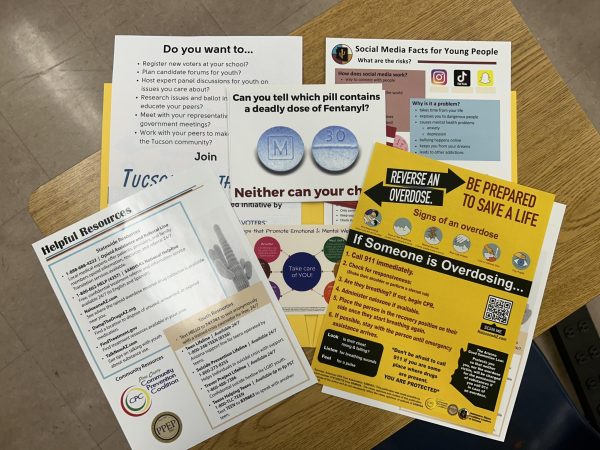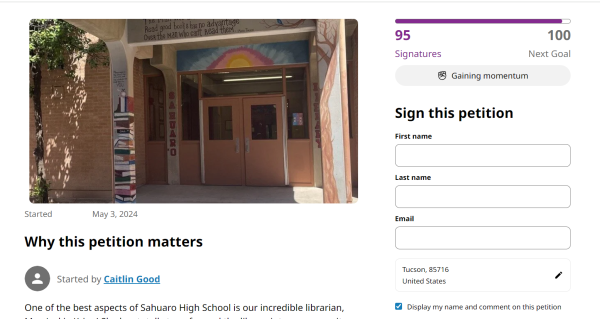Biden’s Infrastructure Bill
August 17, 2021
On Tuesday August 10th, the Senate passed a bill that provides 1 trillion dollars in grants for communities to build roads, bridges, electrical grids, sewer systems, pipe lines, and much more. Although this will provide many great things for our economy, there may also be some challenges, such as an inflation in gas taxes by a large amount. Another thing this bill brings out is our democracy and how effectively elected officials are working.
The main idea of this bill is to improve the infrastructure, or in more simple terms, the basic physical systems of our society, but this isn’t just for the cities. The infrastructure bill also covers rural areas. The bill mandates that at least 20% of the bill must be dedicated to rural areas, for projects that are no less than 1 million dollars. This would help rural communities majorly, building many structures and systems that were not available before then.
This bill also brought a fair bit of controversy along with it. When a bill this size gets passed, the government has to increase taxes somewhere, and with this bill they chose motor fuel. Taxes on gas will increase (with the exception of aviation,) by 35 cents, and diesel and kerosene taxes will go up 45 cents! Although it’s great to have more money set for infrastructure, will it be worth it to have our gas taxes go up by this much? For some communities, it will be great, for others it will be a big challenge.
For over a decade, our leaders have agreed upon the fact that our infrastructure is a severe problem, but why are they just doing it now? One reason might be the fact that for the first time since 2010, both the House of Congress, and the White House are led by Democrats. This was definitely a factor, but 19 0f the 49 Republicans moved to pass the bill in Senate, making a 69-3o vote.
“We proved that democracy can still work,” said President Joe Biden.





















